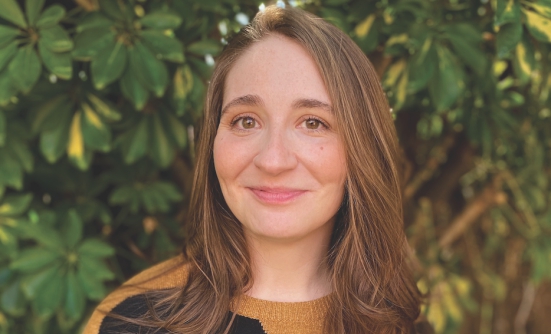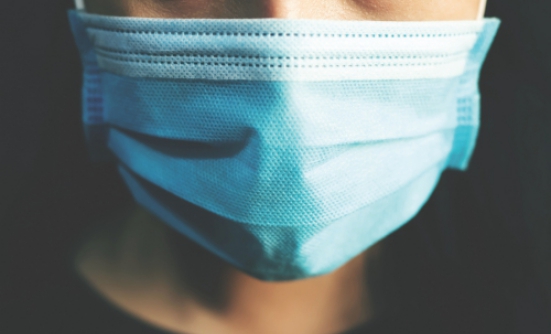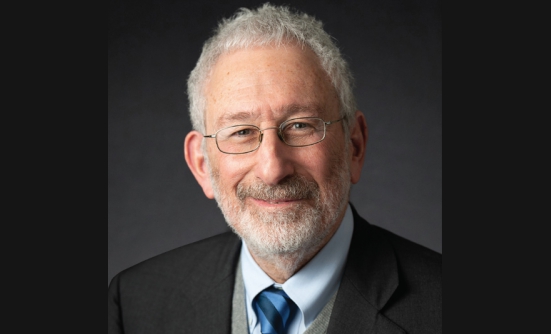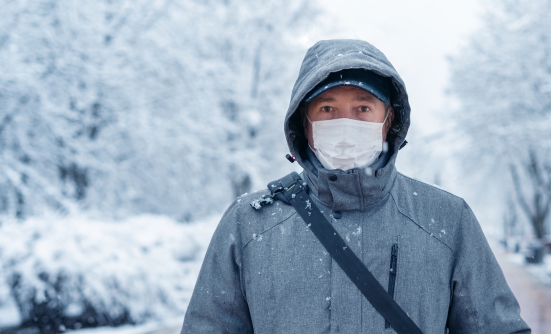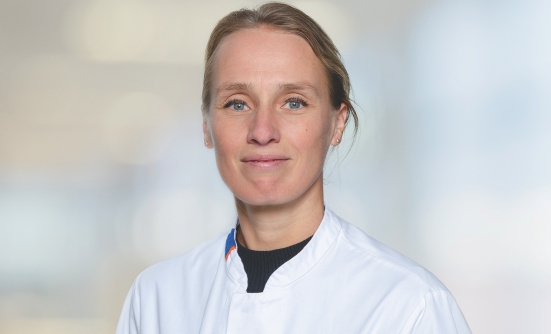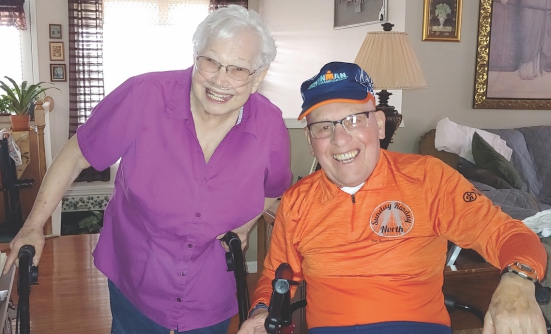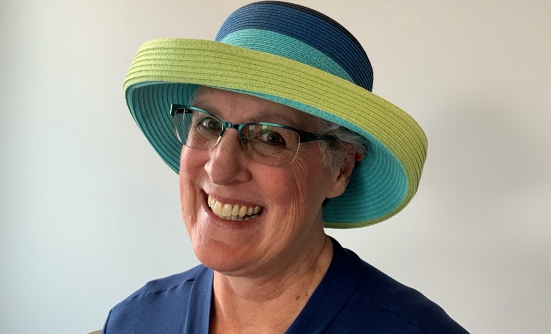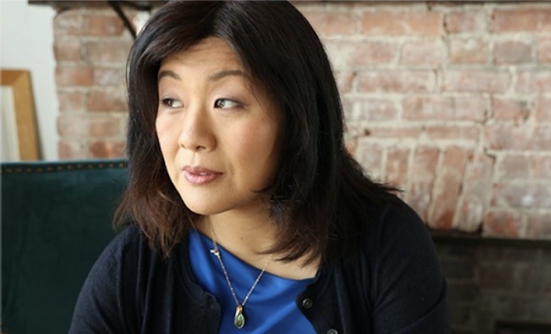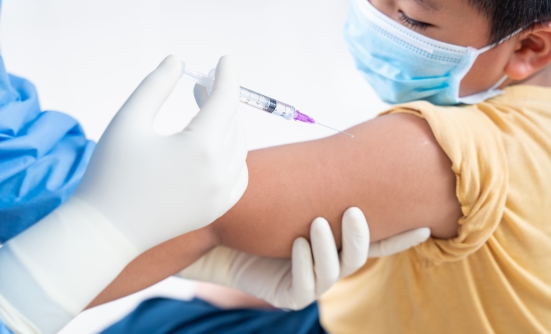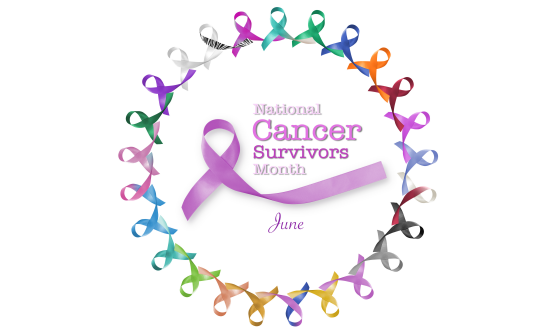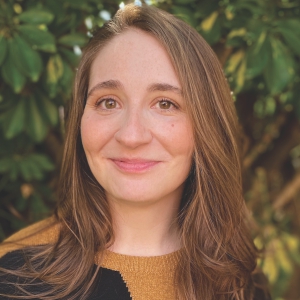
When the prospect of the coronavirus pandemic first emerged more than a year ago, the focus was on the health and medical impact this would have on an unsuspecting public. The initial wave of concern was viewed through the lens of the many ways this disruptive and most serious health issue could affect a person’s health.
Although little was known about this emerging virus, it was clear that COVID-19 was not to be taken lightly, as reports of its transmission potential across class, gender, and socioeconomic status increased; suggesting a growing lethality that would place millions of Americans in its crosshairs. And, our healthcare system and federal government had no answers or defense for this gripping virus.
COVID-19’s Added Burden for Patients with Cancer
Once it became clear that the onset of the coronavirus was evolving into a full-blown COVID-19 pandemic, we all began to live within the stringent confines of quarantines and lockdowns.
For a patient with cancer, however, who often lived within a more structured environment that may include clinic visits, oncologist consultations, and patient support group meetings, these restrictions were extremely disruptive, disconnecting patients from their healthcare moorings.
Delays in Medical Care
Especially during the initial transition of rearranging priorities within the medical care setting, which was being inundated by COVID-19 needs, many appointments that were not deemed absolutely necessary were shifted and moved. This included delays in cancer screenings of an initial diagnosis or for patients who were already receiving treatment or in remission.
Research suggests this has already and will continue to lead to cancer diagnoses being made at a later stage, and with more severe symptoms, when fewer treatment options are available.
Such delays disproportionally affect those who already have difficulty accessing or receiving equitable care, including people from low socioeconomic status or ethnic minorities.1
Emotional Upheaval
Living with these sudden changes could cause an emotional upheaval in patients with cancer. Any diagnosis is unsettling at best, and may elicit emotions without a clear game plan to help the patient wade through the complexities of these feelings. Patients may experience anger, fear, anxiety, and even depression, which has the potential to fuel self-doubt, isolation, and loneliness.
Coping, especially for patients with cancer, with a diagnosis or a disruption in treatment is overwhelming, and although it is important to emphasize that such feelings are extremely normal, it is also true that in 2021 they are further complicated by the realities of COVID-19.
Disruptions in Cancer Care
For patients with cancer, the disruption of their cancer trajectory and becoming untethered from their normal treatment regimen can cause anxiety and induce an unexpected array of emotional responses.
This has been particularly scary as patients have been forced to undergo overnight changes that, when mixed with the daily challenges of living with and managing a potentially life-altering disease, can be particularly daunting.
In speaking with several patients with cancer who are in various stages of treatment, they shared that the unscheduled fluctuations—of life and health—were emotionally draining for them.
Some reported that an increased amount of time between regularly scheduled screenings left them without assurance that they were progressing in their treatment and that their cancer might veer off in an unexpected direction, causing them harm.
Cancer is perhaps the one disease that elicits the strongest sense of fear at diagnosis, and fear is the feeling that will most reliably accompany a patient throughout the journey, even not under COVID-19 circumstances. Fear of cancer, fear of cancer’s unpredictable trajectory, fear of how a specific therapy may not be helpful, a general fear of the unknown, and fear of dying from cancer.
Living within the pandemic’s isolation and lockdown has made many patients with cancer more fearful, so when appointments get canceled or rescheduled, a care support system gets upended, and patients have too much time on their hands in isolation, it can result in a paralyzing situation leading to fear and depression.
Cancer and Risk of Depression
Many reasons may foster depression in a patient with cancer, including thinking about one’s mortality, upending family and career life, taxing financial resources, not to mention the feelings that treatment side effects may elicit.
It is common for patients with cancer to have episodes of depression. In a time when one most needs extra physical and emotional strength, cancer brings about a dark and forlorn sense of self and life that can undermine a person’s ability to cope with this illness.
Much like cancer itself, depression is a serious threat to a patient’s emotional stability.
Anger is another common feeling that can exacerbate depression, although it may be more fleeting than depression, which tends to have a greater propensity to affect a patient for a longer period. In or outside of the pandemic, people with and without cancer have flashes of anger that may present as a rapid heartbeat, increased blood pressure, rage, or aggressive behavior.
Depression creates a deep and constant feeling of sadness that is all-consuming and overwhelming at times. And although patients with depression do exhibit signs of anger, it may also be accompanied by confusion, hopelessness, mood swings, weight fluctuations, loss of energy, and/or suicidal thoughts or instincts of self-harm.
Some oncologists may consider depression during their treatment of cancer in a patient, but this is usually outside of their practice area.
Dealing with depression would usually fall to an oncology social worker, or a psychologist who works on staff at the cancer center, or the patient will be referred to an outside person working with people with depression.
What the oncologist is prepared to do is to help the patient feel comfortable with these feelings, and offer the patient an assessment of normalcy, particularly during such dynamic times of change and insecurity.
Seeking Emotional Support During COVID-19
Proper social or psychosocial support for patients with cancer to address the myriad of emotional challenges, with which many are confronted during the pandemic, is crucial. Asking for help under normal conditions is challenging for patients, but they must tolerate potential discomfort to receive help.
A cancer diagnosis can create a seismic disturbance within an individual that has the potential to affect health, work, life, and relationships, and has the patient seeking avenues of support.
It’s clear that having a strong network of caregivers, family, friends, other patients, and advocacy groups who are willing to “walk in your journey” has the potential to improve your outcomes. Having this group support, particularly from other people who have gone through similar experiences, can be very helpful, providing the network of resources patients should seek out.
A study of more than 10,000 adults with cancer showed that those with limited social interaction during COVID-19 were more likely to report at least 1 symptom related to mental health during the last 7 days.2
If you or a loved one is struggling to find emotional support, or to navigate the ever-changing challenges associated with COVID-19, most large cancer organizations and cancer-specific foundations have a COVID-19 landing page with local resources for referral. The Patient Resources Box provides a few examples of such resources.
References
- Cancino RS, Su Z, Mesa R, et al. The impact of COVID-19 on cancer screening: challenges and opportunities. JMIR Cancer. 2020;6(2):e21697. www.ncbi.nlm.nih.gov/pmc/articles/PMC7599065/.
- Islam JY, Vidot DC, Camacho-Rivera M. Evaluating mental health–related symptoms among cancer survivors during the COVID-19 pandemic: an analysis of the COVID Impact Survey. JCO Oncology Practice. 2021 Jan 22. https://ascopubs.org/doi/full/10.1200/OP.20.00752.
Patient Resources
CancerCare.org
www.cancercare.org/coronavirus
Cancer.Net
www.cancer.net/navigating-cancer-care/financial-considerations/covid-19-financial-resources-people-with-cancer
National Coalition for Cancer Survivorship
https://canceradvocacy.org/resources/covid-19-and-cancer
Stand Up to Cancer
https://standuptocancer.org/covid-19-resources





